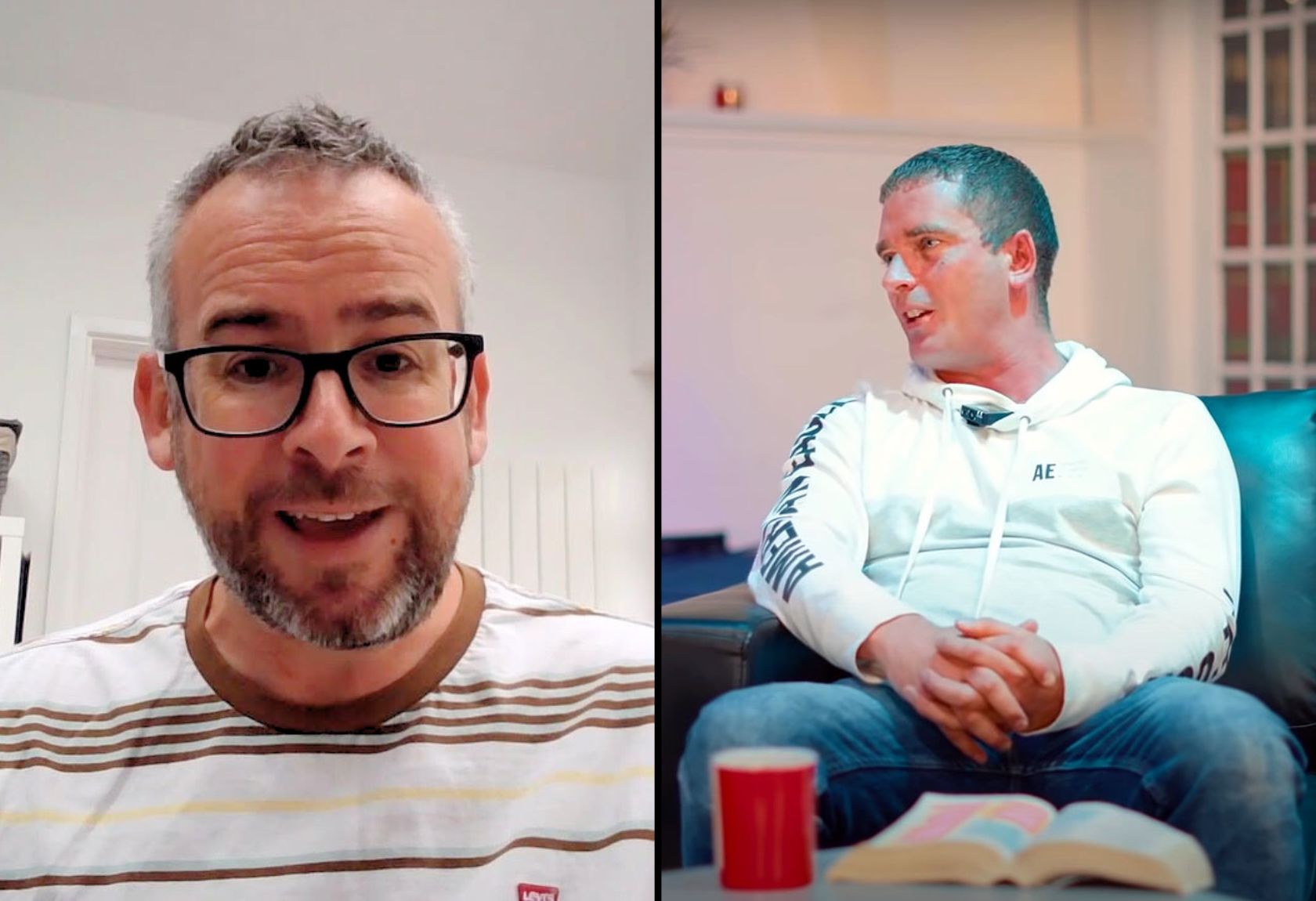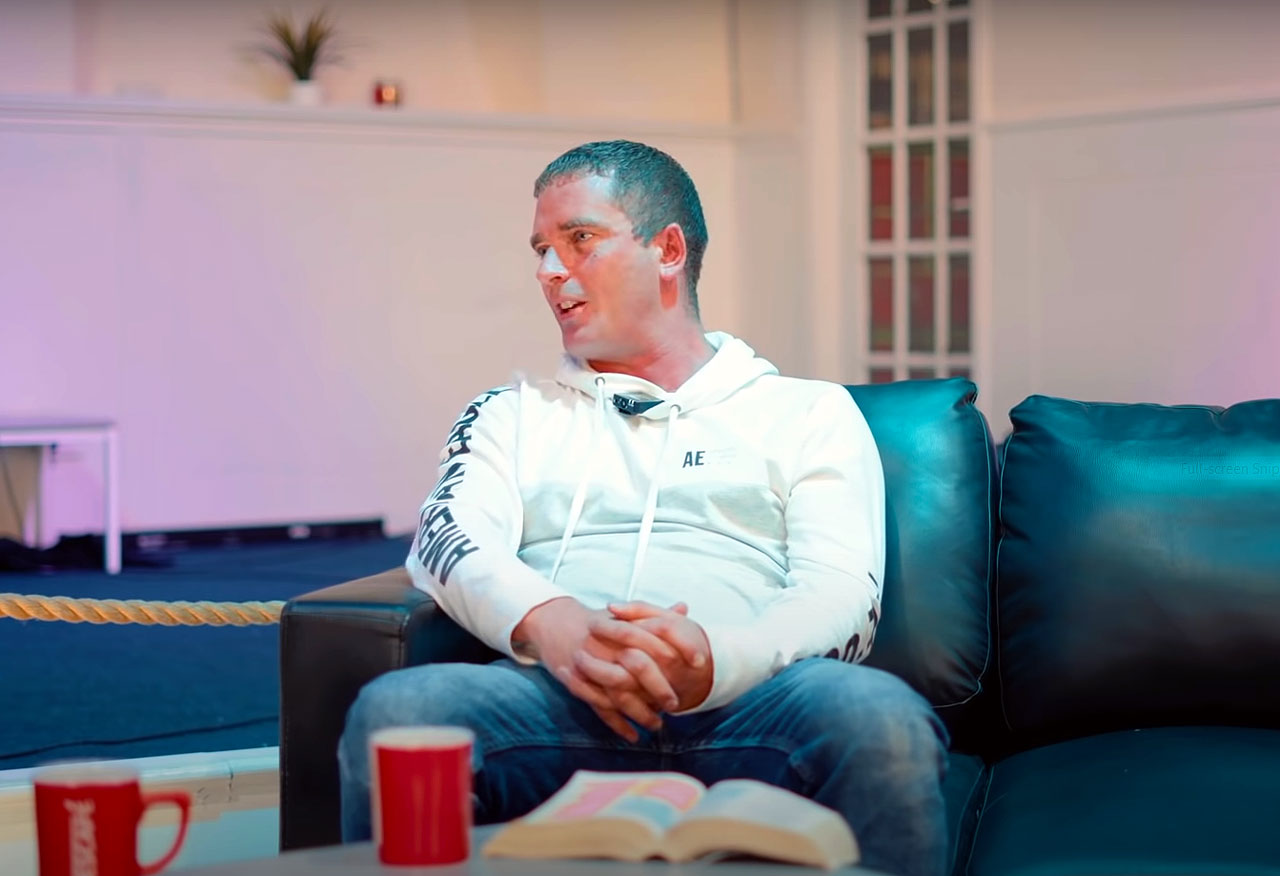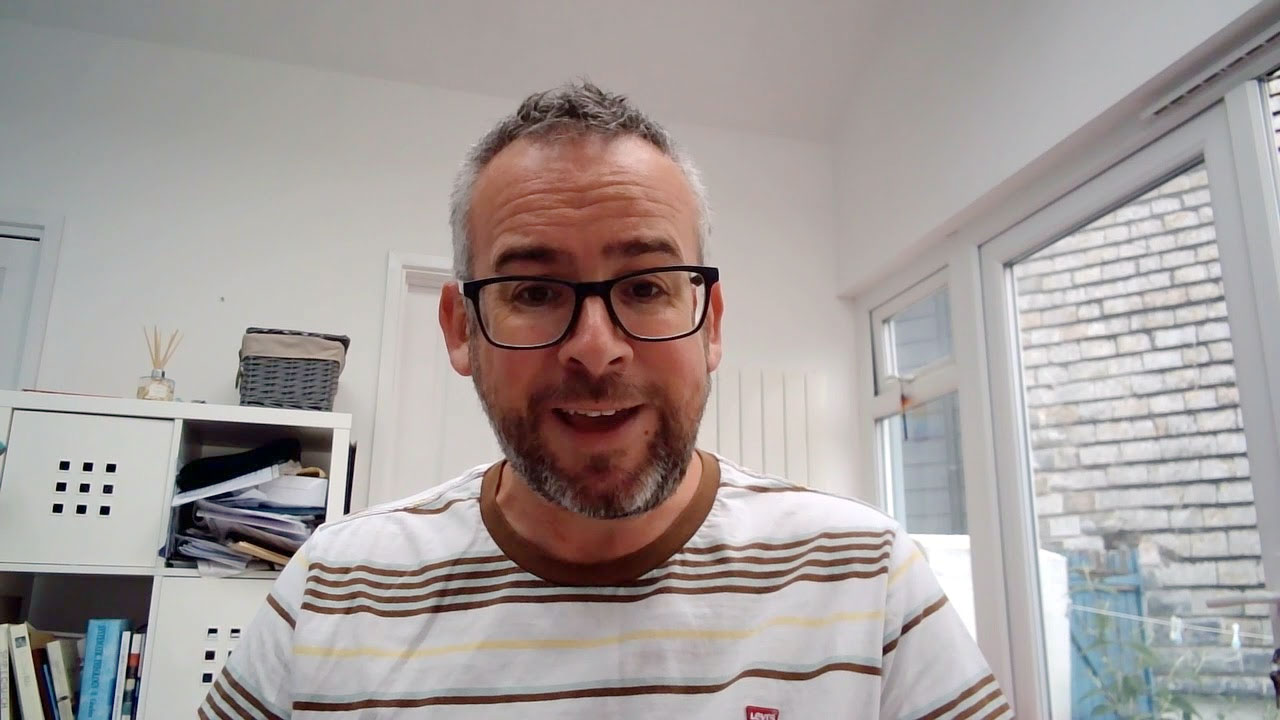
North-South united in faith
At opposite ends of the UK, Elim’s most northerly and southerly churches are investing in addiction support, backpacks for kids, church plants and warm rooms to help their communities. We talked to their pastors, Kevin Duthie and Dan Rubens
Kevin Duthie, Fraserburgh Community Church - You pastor Elim’s most northerly congregation in the UK – tell us about your church.
The church was formed in 1996 by a group of people who were keen to see the manifestations of the Holy Spirit during their services. Because of that, the Holy Spirit has always been part of our DNA, and we’re big on ministry time for healing and the baptism of the Spirit. We have around 100 adults and 25 kids.
We really embrace our local area because the northeast of Scotland is beautiful. The church has banners with Scriptures on them showing our beaches, sea and scenery. Through that, we’re advertising the fact we are Fraserburgh Community Church, we’re unique, and we’re here for our community.
There’s a lighthouse here too, and when the church started, we used it as our main image, along with John 1:5 “The light shines in the darkness, and the darkness has not overcome it.”

What’s Fraserburgh like?
It’s a historical fishing town which used to be one of the busiest and wealthiest ports in the UK. Fishing has been depleted, but it’s still important. A lot of people work in the off-shore oil industry too.
The town has a massive problem with drug addiction, though. It used to be wealthy but became a hotbed for heroin, crack and cocaine. There’s been a lot of heartache through that, but also many success stories – God has rescued a lot of people and set them on fire for Jesus. I’m an ex-heroin addict myself, and so are one of our worship leaders and his wife.
How does your church support your local community?
We do several things and try to embrace the uniqueness of the local language and area while doing them. The community really appreciates that and recognises that we’re supporting our area.
We’ve got a ministry called Boots for Bairns (kids), for example. It’s run in partnership with a social work team here that fundraises to make sure kids get coats and boots for winter. In the summer, we also ran Breakfast for Bairns, giving out cereal and toast for free for a week.
With the drug problems I mentioned, we run a weekly addiction support group in our basement, which we call Doonstairs Drop-in.
And we do Powerhouse Kids on Friday nights, where we have a bus going out into some of the poorest areas in the community. That’s exploded recently, and we now have more than 100 kids coming. We’ve just launched Limitless Youth on Friday nights, too and are getting around 40 youth to that, so that’s been exciting for us!
What’s next for your church?
We’re in the process of converting a former flat the church owns into what we’ll call the Freedom Centre. It’s on the church grounds and will become a hub with a foodbank, healing room, office space and a prayer room. It will also have a washing machine for people who aren’t able to get their clothes cleaned elsewhere. We’re really excited about this!
Also, we planted a church in a village called Turriff, about half an hour away from here. That came about because a few of our congregation were helping with youthwork up there and asked if I’d be interested in getting involved. I wasn’t massively excited about travelling 30 minutes to play table tennis, but I did think we could plant a church there.
I had no experience with church planting, but Gary Gibbs and the Reach team were fantastic, giving us a grant for musical equipment and things like that. We started once a month with a gospel service and testimonies, worship and food. It’s a year old now, and we’ve just gone to fortnightly services on Sunday mornings.
How do you succeed as a pastor in Fraserburgh?
I’m originally from Fraserburgh, so everyone knows my family and me. Because it’s a hard-working farming, fishing and old-style community, people expect the minister to work alongside everyone else, so I love to serve the community, and if there’s a need, I try to help.

Dan Rubens, Discovery Church, Penzance - You pastor Elim’s most southerly congregation in the UK – tell us about your church.
We planted the church in 2011 after my wife Jo, and I, our kids and a small team moved down to Penzance from Derby.
We’ve seen it grow steadily over the years till we’re now around 90-100 people.
We do get tourists visiting, but the majority of people are locals. It’s a real mix of people who grew up here, has returned after leaving for work or retiring, or people who have moved to the area.
Children and youth have always been a big emphasis for us – last Sunday, around 40 per cent of the congregation was under 18, for example. We love and want to keep developing that. We went to Limitless Festival this summer and used to go to The Gathering in Manchester, too, even though it’s a really long drive!
We have all the normal church stuff, too, like coffee mornings, parent and toddler groups, youth clubs and so on.
We’ve had five buildings over the years but last February, we took on a longer lease, so we now have a place that’s ours. That feels really exciting because we’ve never had a building we can use whenever we want before.
What’s Penzance like?
It’s the most south-westerly town in England and is a small place with around 20,000-25,000 people that swells up with tourists in the summer. We’re six miles from St Ives, eight miles from Land’s End, and we have the causeway to St Michael’s Mount in the bay just two miles away. It’s a beautiful place, and it’s lovely to live here. Penzance does have its challenges, though. It’s a place of two halves: you’ve got your second-home owners and the rich-retired, and then you’ve got locals for whom salaries are low and house prices are high. It’s quite a deprived area, though holidaymakers don’t see that.
The classic industry here is fishing, though it’s way smaller than it used to be. Things like agriculture and tin mining have decreased, too, so tourism has become an important source of income.
How does your church support your local community?
Now we have our new building, we’re developing more community ministries.
We did a project in July for the first time called the Backpack Project, where we put together school backpacks full of everything a child going up to Year 7 would need. We got good quality things and branded backpacks, then worked with schools and gave them out to Year 6 children in need.
We gave away about 40 rucksacks in total and received amazing feedback from the parents and schools. We’ve never done anything as a church with schools before, but we’re planning to do it again.
We like to plug volunteers from our church into existing charities, too, rather than reinvent the wheel. So one we work with is a charity called Good Old Furniture Available, which recycles and upcycles furniture to give to people in need.
What’s next for your church?
Now we’ve been here 11 years, we’re trying to work out what the next phase of the church looks like. We’ve always put a big emphasis on good Bible teaching, and we want to continue with that. We want to maintain our focus on children’s and community work, too, finding new ways to help an area with high levels of deprivation. With the cost of living crisis, we may offer our church as a warm room and try to work with a couple of other local charities.
In terms of the church, for me, it’s about focusing on the basics of loving and serving Jesus, teaching the Bible and worshipping God – being faithful and consistent in that and creating a community of people who follow Jesus. We’re called Discovery Church, and our tagline is “discover God, discover friends, discover purpose”. That’s what we’ll continue to do.
How do you like being a pastor in Penzance? I love it! It’s a long way to go to connect with anyone else – it’s an epic journey to Harrogate for the Elim Leaders Summit, for example – but I love living here, and I love pastoring the church. We have some great people who are really supportive, who really want to serve God and see the church grow.
This article first appeared in Direction Magazine. For further details, please click here.
Enjoy this article? Don't forget to share